Teals defy Liberal challenge in key seats, expand national influence
Teal independents are on track to retain their standing in the federal parliament as voters abandon the major parties, with Climate 200-backed challengers gaining ground in electoral contests across the country.
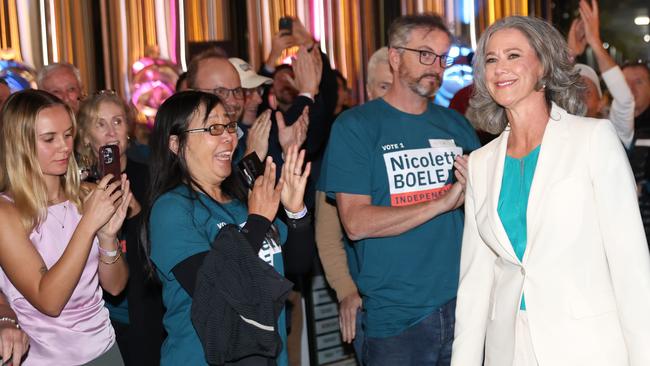
Teal independents are on track to retain their standing in the federal parliament as voters abandon the major parties, with Climate 200-backed challengers gaining ground in electoral contests across the country.
With incumbents Allegra Spender, Monique Ryan, Kate Chaney, Sophie Scamps and Zali Steggall seeing off the Coalition’s bid to reclaim its once blue-ribbon seats, the teals could even grow their numbers in the House of Representatives.
As Zoe Daniel remained locked in a neck-and-neck race to retain Goldstein in Melbourne from her Liberal predecessor, Tim Wilson, independent Nicolette Boele held a razor-thin lead in Bradfield on Sunday.
After pulling ahead in the vote count against Liberal candidate Gisele Kapterian on Saturday, the self-styled “shadow member for Bradfield” was sitting on 50.9 per cent of the vote, compared to her challenger’s 49.12 per cent.
In an upset for Labor amid an unprecedented election victory, teal candidate Kate Hulett was leading Labor’s Fremantle MP Josh Wilson in the count late on Sunday, with 51.63 per cent of the vote compared to 47.4 per cent.
Climate 200 candidates are estimated to have increased their national share of the primary vote from 3.3 per cent at the 2022 election to just over 5 per cent this year.
In the 35 seats where the green group funded MPs or candidates – including established MPs Andrew Wilkie and Helen Haines, who predated its existence – teals averaged about 22 per cent of the primary vote.
Climate 200 candidates – who ran on a platform of environmental action, integrity and accountability – also made significant inroads in Bean in the ACT, Cowper in NSW, Forrest in Western Australia and Flinders in Victoria.
Ms Steggall, who won Warringah from Tony Abbott in 2019, said on Sunday the success of the teals proved there was something “a little broken with the current party system”.
Ms Spender, who was among a wave of six teals to enter parliament in 2022, said voters in Wentworth were “small-l liberals” who had seen through the Coalition’s “fear campaign and culture wars”.
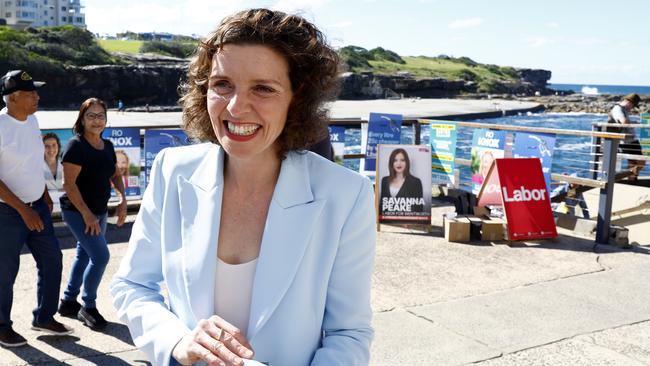
“Instead they supported evidence-based policy and genuine community engagement to build long-term prosperity, protect the environment and ensure all members of our community can thrive, particularly young Australians,” she said.
Political strategist Kos Samaras said Australians were increasingly moving away from the major parties, with voters sticking with incumbent independents once they have gained a foothold in a seat. He pointed to the success of independents Mr Wilkie in Clark and Dr Haines in Indi as proof of their staying power.
“It’s indicative of where particularly younger Australians are moving in terms of their political choice,” Mr Samaras said.
“I think we will see, once all the votes are counted, close to six million Australians would have voted for someone other than the major parties.
“Surveys that we’ve conducted show significant numbers of these Australians, when given the option to vote for an independent, they will – and re-elect them.
“So we’ve obviously first seen that in Clark and we’ve seen that in Indi, where they have been consistently re-elected. This is going to be a trend in the future.”
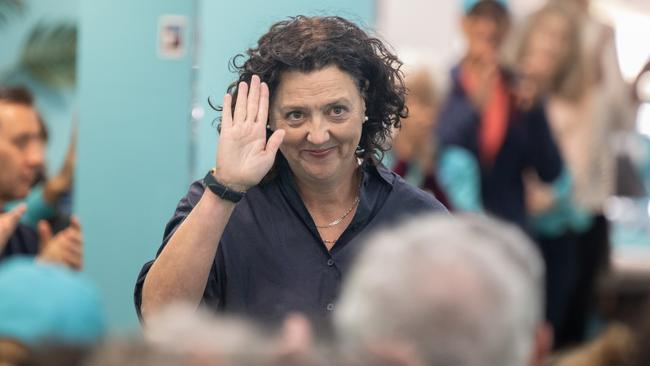
Mr Samaras said the community independents had also played a role in key seats they had failed to win, including in Peter Dutton’s loss of his seat of Dickson.
The Opposition Leader’s shock defeat in his own seat was compounded by a challenge from Climate 200-backed candidate Ellie Smith, who won almost 13 per cent of the vote.
Labor’s Ali France emerged victorious with a two-candidate-preferred margin of 56.5 per cent to 43.5 per cent, and 34 per cent of the primary vote.
“He needed an absolutely astronomical, high-level primary to actually win that seat, and so he was already in danger of losing that even before the boxes were opened,” Mr Samaras said.
Mr Samaras said community independents had been more successful in traditional Coalition seats, because younger voters were more likely to vote for a Labor incumbent if the choice was available.
Independent Jessie Price’s strong result of 49.4 per cent in Bean, compared to incumbent Labor MP David Smith’s 50.6 per cent, was a rare case of a teal coming close to usurping an ALP candidate.


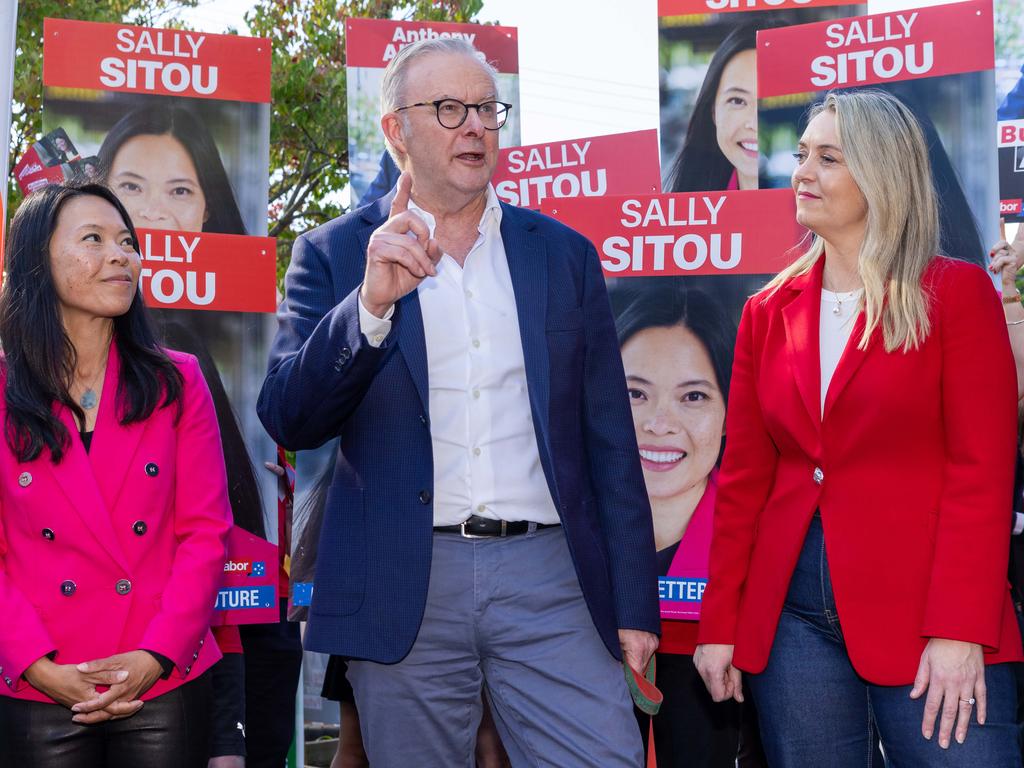
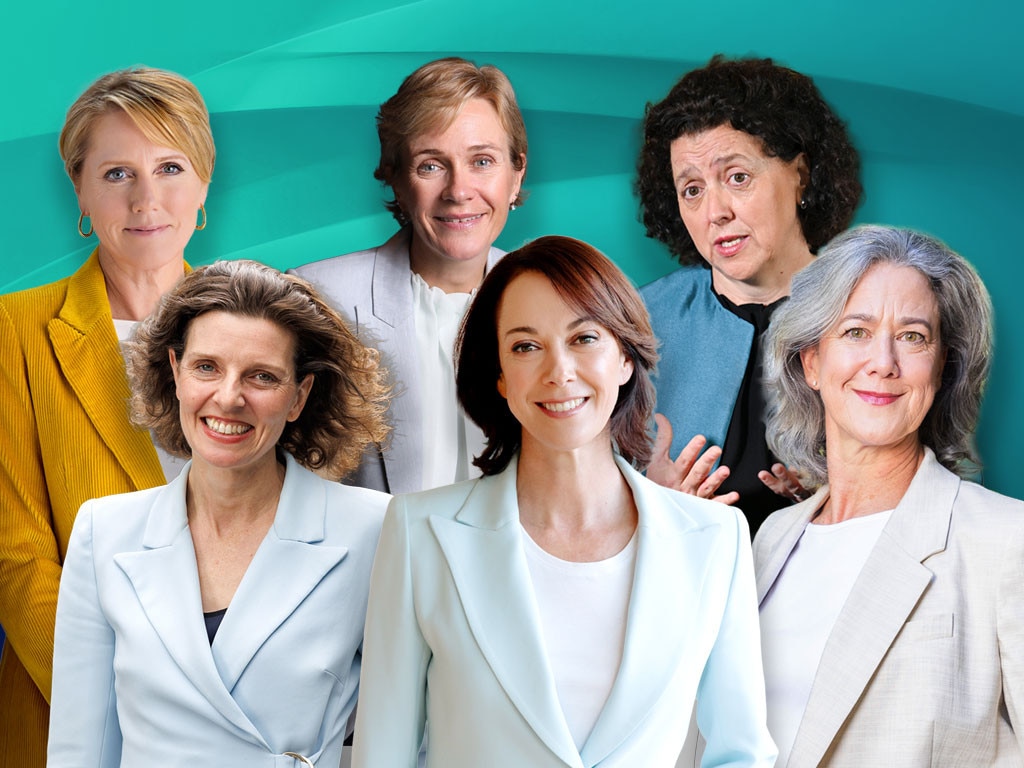
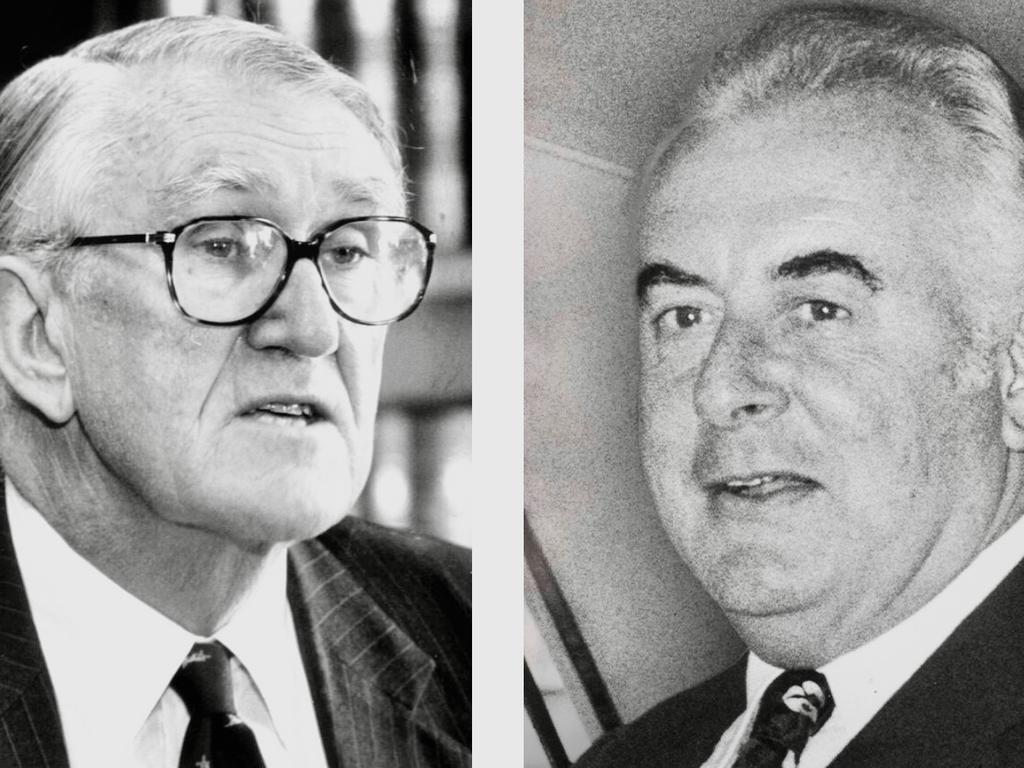


To join the conversation, please log in. Don't have an account? Register
Join the conversation, you are commenting as Logout